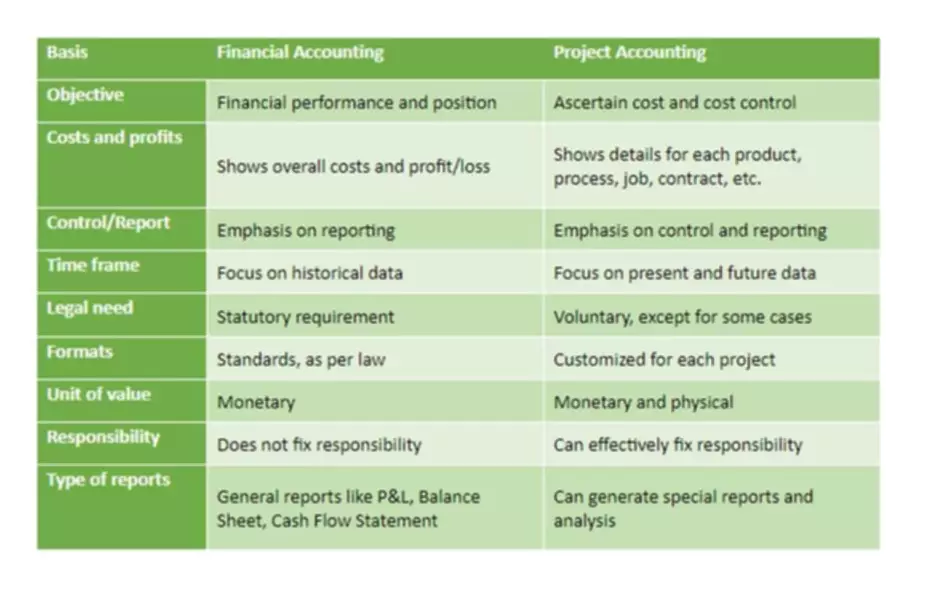Content
However, individuals suffering from depression who are not in active treatment are more likely than the general population to be alcoholics. Two, by treating the depressive disorder, it is easier for the individual to avoid falling into the trap of alcoholism. People with AUD have a heightened risk for depressive disorders, which are the most common co-occurring psychiatric disorders for this population.
Some researchers have suggested that the effects of psychotherapy may account for some of the pill placebo response observed in medication studies. It’s very important to address both alcohol abuse and depression simultaneously when looking into treatment options, as these conditions are closely intertwined and can exacerbate each other, Dr. Kennedy explains. Alcohol use disorders may be mild, moderate, or severe, depending on the combination of symptoms you’re experiencing, but drinking problems can exist regardless of a clinical diagnosis. If you’re battling depression, alcohol isn’t going to make you feel better. It may temporarily suppress feelings of isolation, anxiety, or sadness, but that won’t last. If not treated, alcohol use disorder can become a life-long struggle.
Finding Treatment for Alcohol Addiction and Depression
At the same time, people with depression may attempt to self-medicate with alcohol. Individuals with mental health conditions may be more likely to use alcohol as a treatment. Several studies suggest that military veterans are more likely to experience depression, post-traumatic stress disorder (PTSD), and misuse alcohol. The more you drink the greater your tolerance for alcohol, meaning you need to drink more alcohol to get the same feeling. If you rely on alcohol to mask feelings of depression, you may find you become reliant on it – putting you at risk of alcohol dependence.
- If you experience symptoms of depression for most of the day, every day, for a few weeks, the NHS advises you to contact your GP surgery to get help.
- In addition, drinking alcohol quickly and in large amounts can lead to more severe symptoms, such as memory loss, coma, even death.
- While rehab facilities help treat addiction, not all will offer the services you may need for overcoming a co-occurring condition.
The disorder often develops when individuals are in either their twenties or thirties. Similarly, major anxiety disorders usually are apparent before age 30, and although major depressive disorders often have a later onset, they too are frequently observed before age 30. Similarly, in the absence of clear evidence of a long-term major anxiety disorder that predates https://ecosoberhouse.com/ the onset of alcoholism or that remains intense after an extended period of abstinence, few indications exist for using medications related to anxiety for alcoholics. Panic attacks that are likely to develop during alcohol withdrawal are also likely to diminish in frequency and intensity on their own without medications (Schuckit and Hesselbrock 1994).
Are You Abusing Alcohol and/or Drugs?
On many college campuses, binge drinking-heavy episodic drinking– has become an acceptable social norm. Treatment providers are available 24/7 to answer your questions about rehab, whether it’s for you or a loved one. Submit your number and receive a free call today from a treatment provider. These blues usually don’t linger, though, so you’ll probably feel better in a day or so. If you begin to notice any unwanted side effects — physical or emotional — while drinking, it may be best to call it a night. Having an extra drink or two once in a while doesn’t automatically translate to heavy drinking.
Alcohol is more accessible than drugs and carries less of a stigma. Compared to more benign forms of self-medication, drinking—from the user’s perspective in the moment—better masks the symptoms of their mood disorder. They might choose it to relax so they can stop feeling anxious, fall asleep, or quiet their feelings. Because alcohol does make us feel more relaxed after a drink or two, the logic used to justify self-medicating with it seems solid to those trying to escape depression. Pregnancy and alcohol also have a worrisome connection as women with postpartum depression tend to abuse alcohol as well.
Need Addiction Support?
Abusing alcohol can not only harm your health and mental health, but it can also hurt those around you, especially if you engage in risky behaviors while under the influence like driving, having unprotected sex, or fighting. The effects of alcohol depend largely on how much and how quickly you drink, along with varying factors such as your personal history, genetics, body size, gender, tolerance, and other key factors. In addition, drinking alcohol quickly and in large amounts can lead to more severe symptoms, such as memory loss, coma, even death. In addition to those services, ask friends and family for help and support.
- When you regularly turn to alcohol to manage challenges and negative feelings, you may not take other actions that could help you address those problems effectively.
- Depending on your intoxication level, you may experience decreased inhibition, loss of judgement, confusion, and mood swings, among others.
- If you’re trying to cut down or stop drinking, research shows some antidepressants can increase your risk of relapsing.
Both depression and alcohol use disorder are treatable medical conditions. Some people may feel unsure about seeing a doctor, but the right treatment can ease symptoms and help a person live a better, happier life. In people with a substance use disorder, less than 1% with depressive disorders had substance-induced symptoms. Many randomized trials have investigated treatments for co-occurring AUD and depressive disorders.
Alcohol and mental health
Fortunately, several important ongoing studies will help answer some remaining questions regarding the treatment of coexisting depressive or anxiety disorders in the context of alcoholism. The COGA investigation will gather more data regarding potential alcoholic subtypes and will continue to explore possible genetic linkages between alcohol dependence and major depressive and major anxiety disorders. Certain ongoing treatment studies also are further evaluating the potential usefulness of buspirone, some specific anti-depressants, and other medications that affect brain chemicals as potential components for treating alcoholism. Each of these studies is taking steps to evaluate the importance of these psychiatric medications while considering whether subjects’ depressive or anxiety syndromes are likely to be alcohol induced or may indicate longer term independent psychiatric disorders. These disorders are characterized by disrupted mood (e.g., low, numb, or irritable), along with an array of cognitive (e.g., feelings of worthlessness and difficulty concentrating) and physical (e.g., fatigue and lack of energy) symptoms. People with DSM-IV alcohol dependence are 3.7 times more likely to also have major depressive disorder, and 2.8 times more likely to have dysthymia, in the previous year.
- Alcohol use disorders may be mild, moderate, or severe, depending on the combination of symptoms you’re experiencing, but drinking problems can exist regardless of a clinical diagnosis.
- This includes options for NHS support, links to charities, helplines and communities, and tips on self-care.
- Exercise often provides a natural mood boost, so you’ll probably feel better once you get moving.
- But this does not mean alcoholism cannot lead to depression, especially alcohol and depression the next day.
The two conditions often co-occur with anywhere between 33% and 63.8% of people with AUD also having depression. People who have both tend to have more severe symptoms than those who have only one disorder. There’s also a strong link between serious alcohol use and depression.
Treatment of Depression With Alcohol and Substance Dependence: A Systematic Review
Women with depression are also more likely to engage in binge drinking. Depression is different to anxiety (a feeling of worry or fear about what might happen, inability to concentrate and – for some people – panic attacks). does alcohol make depression worse But depression and anxiety sometimes go together – feeling anxious and worrying constantly can make you feel low. If you’re worried about drinking or feel it’s affecting your mental health, a lot of help is available.
Because alcohol can make you lose your inhibitions and act more impulsively, it may lead to actions such as self-harm or suicide. In the short-term, drinking too much can lead to alcohol poisoning, sleep problems, an upset stomach, bloating and migraines. It may make you behave recklessly or aggressively, have an accident or become the victim of violence. Alcohol also slows down how your brain processes information, making it harder to work out what you’re really feeling and the possible consequences of your actions. Alcohol is a depressant, which can disrupt the balance of neurotransmitters (chemical messengers) in your brain and affect your feelings, thoughts and behaviour.
Chemicals such as serotonin and dopamine will fluctuate rapidly with alcohol consumption. Serotonin helps balance a person’s mood, whereas dopamine controls the brain’s reward system. Unusually high or low levels of these chemicals can trigger symptoms of depression, among other health problems. If you drink regularly to manage depression symptoms, it may have be beneficial to work with a therapist who specializes in treating co-occurring depression and alcohol use. Some people never notice feelings of depression — or any negative effects at all — after drinking moderately. Others might begin feeling depressed or anxious after just one drink.

